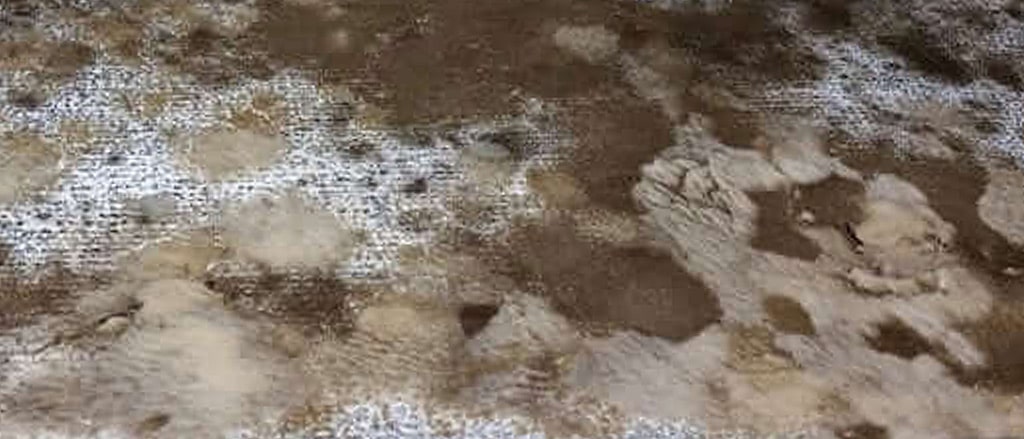Discovering mold in the home sends many homeowners into a panic. Uncontrolled mold can lead to serious respiratory illness, eye irritation, and skin reactions. Some individuals may develop asthma after prolonged exposure to mold. If your air-conditioning system contains mold, act as soon as possible to reduce the risk of negative health outcomes.
What Causes Mold Buildup in Air Conditioners?
Any space containing high moisture levels is at risk for mold. Most common molds require a wet environment to thrive, and air conditioners only run intermittently, allowing moisture and debris to accumulate in the air handler and ductwork. Whether you notice black mold, yourself, or a service technician discovers it, mold is an unwelcome health risk.
Identifying Mold in Your HVAC System
You may not notice mold in your AC system until it builds to recognizable levels. Any maintenance technician should alert you to possible signs of mold and give advice for removing it. In the absence of a technician’s discovery, look for these signs to identify the presence of mold:
Something Smells Funky
Mold has a distinctive musty smell. Most common molds will make the home smell old and unpleasant. You may notice the pungent nature of the smell increases as you run the air conditioner, particularly if mold spreads to the air ducts.
You Notice Visible Signs of Mold
The mold you find in an air conditioner often looks similar to the mold you find elsewhere in the home, such as an uncleaned shower or basement. The patchy black residue may or may not wipe off easily, and will require cleaning to remove permanently.
You Experience Recurring Respiratory Symptoms
If mold did not cause serious adverse health consequences, homeowners would not need to worry about its presence. However, mold can cause anything from mild irritation to serious respiratory illness requiring hospitalization.
In addition to causing health issues, the presence of mold could affect the overall value of a home or building.
How to Address Mold in an Air-Conditioning System
If you notice mold in the home, take the following steps:
- Wear a mask to prevent the mold spores from entering your respiratory system.
- Turn off the air-conditioning system.
- Use rags or a wet vacuum to remove visible signs of moisture.
- Thoroughly clean the mold-infested area with mold and mildew products that are safe to use in AC systems. Ask your local HVAC specialists for more information about products and treatments.
- Install mold-reducing filters to prevent future mold growth. Consider installing an ultraviolet light or other prevention measure to sanitize high-risk areas regularly.
You May Need a Mold Remediation Specialist
For serious mold issues, you may want to reach out to a mold remediation expert or an HVAC specialist who carries the equipment needed to clean an AC system thoroughly. Mold is a serious but easily addressed concern for home and business owners who rely on air conditioners during the summer months.
Remember, mold is preventable. By maintaining your HVAC unit and monitoring humidity levels, you can work to prevent mold from growing in your AC unit. Give us a call today for more information.








